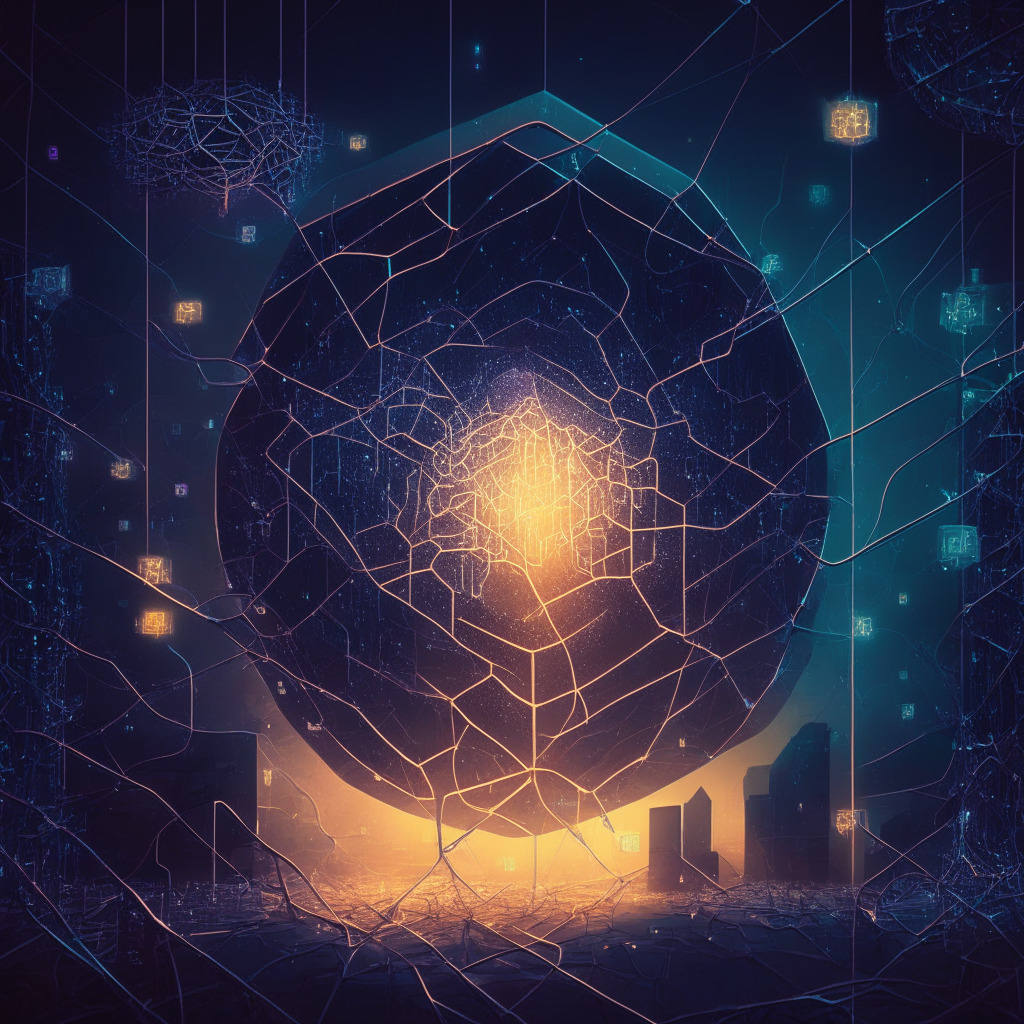Generative artificial intelligence (AI), fueled by advanced algorithms and massive data sets, empowers machines to create original content, revolutionizing fields such as art, music, and storytelling. By learning from patterns in data, generative AI models unlock the potential for machines to generate realistic images, compose music, and even develop entire virtual worlds, pushing the boundaries of human creativity.
Although the prospects of generative AI are intriguing, it raises several ethical questions. For instance, the rise of deepfake content, which uses AI-produced content to deceive and influence people, threatens public confidence in visual media and may facilitate the spreading of false information. Moreover, generative AI might inadvertently perpetuate biases present in the training data, leading to the reinforcement of stereotypes or marginalization of certain communities.
Despite these concerns, the impact of generative AI on various industries has been significant. In the visual arts, the technology enables artists to create complete landscapes, characters, and scenarios with astonishing depth and complexity. In music, generative AI algorithms assist musicians in their creative process, providing fresh inspiration through the creation of unique melodies, harmonies, and rhythms.
Generative AI has also made a mark on industries such as gaming and healthcare. In healthcare, the technology generates artificial data for medical research, allowing researchers to train models and investigate new treatments without jeopardizing patient privacy. In gaming, generative AI-driven dynamic landscapes and nonplayer characters (NPCs) enhance the immersive gameplay for players.
Addressing the ethical issues surrounding generative AI requires prioritizing responsible AI development. That means integrating systems for transparency and explainability, diligently selecting and diversifying training data sets, and creating explicit rules for the responsible application of generative AI technologies.
Some proponents of generative AI argue that the technology can eventually be harnessed to improve human-machine interactions, such as through the development of chatbots and language translation systems, thus enhancing artistic expression and collaboration. On the other hand, skeptics may question the long-term implications of machines capable of human-like creativity, fearing diminished human involvement in various creative fields and potential misuse of AI-generated content.
In conclusion, generative AI offers a promising glimpse into a future where machines can augment human creative capabilities, opening up new possibilities in countless industries. However, striking a balance between innovation and ethical considerations will be crucial to ensuring the technology’s responsible and beneficial adoption.
Source: Cointelegraph




